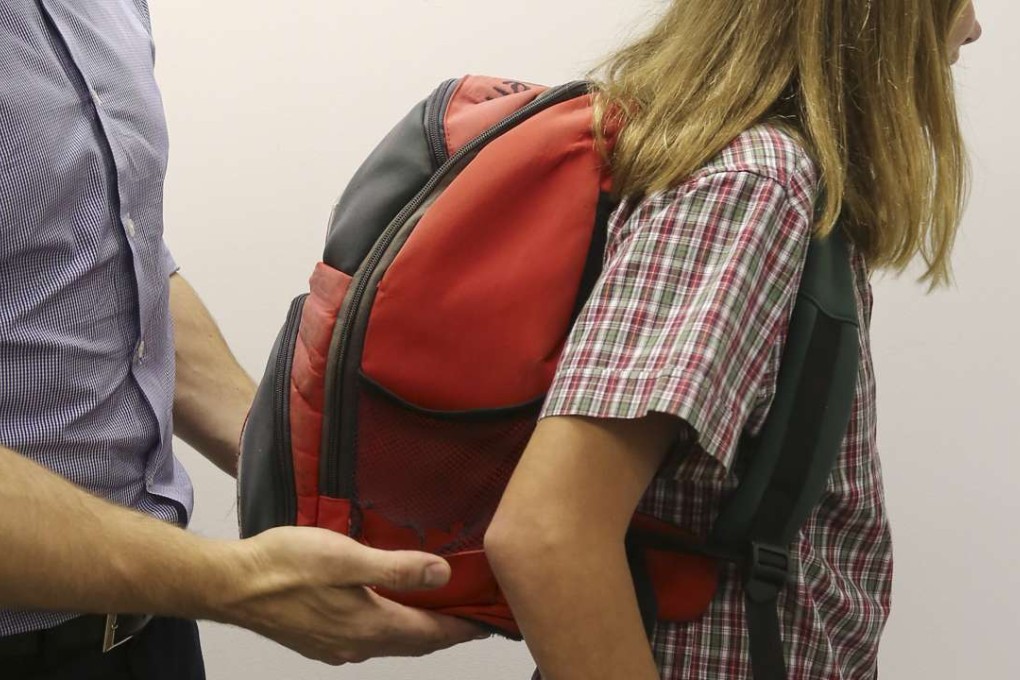Hong Kong physio’s advice on how to carry bags and loads correctly to avoid injury
Backpack, tote, luggage or the humble shopping bag – there’s a right way to bear the weight and avoid painful back, hip, neck and shoulder issues

Is what you’re carrying more than just weighing you down? Regularly carrying heavy loads, and in the wrong way, puts you at risk of long-term musculoskeletal damage and potential spinal compression, say the experts.
“Whenever you carry too much weight, or distribute loads onto the body unevenly, you’re compressing the spine or you’re forcing your body to compensate by using other muscles, which creates asymmetry in the body,” explains Chris Sherer, a musculoskeletal physiotherapist working out of the ProHealth Sports and Spinal Physiotherapy Centre in Central.
You won’t feel the effects of a poorly carried pouch overnight, but you may feel it over time, and when you do it’s a real pain in the neck. Or shoulders, or lower back – the list goes on.
Overloading the body unevenly can also cause “postural scoliosis”, where the muscles on one side of the back are short, contracted and weak, or neural tension issues leading to numbness. Children who lug around heavy backpacks are most at risk.
“Carrying as little as possible, or nothing at all, is key to avoiding injury,” says Sherer. But, of course, that’s not always possible. Here are his tips to lighten your load, when you have to carry something.

1. Backpack is best
